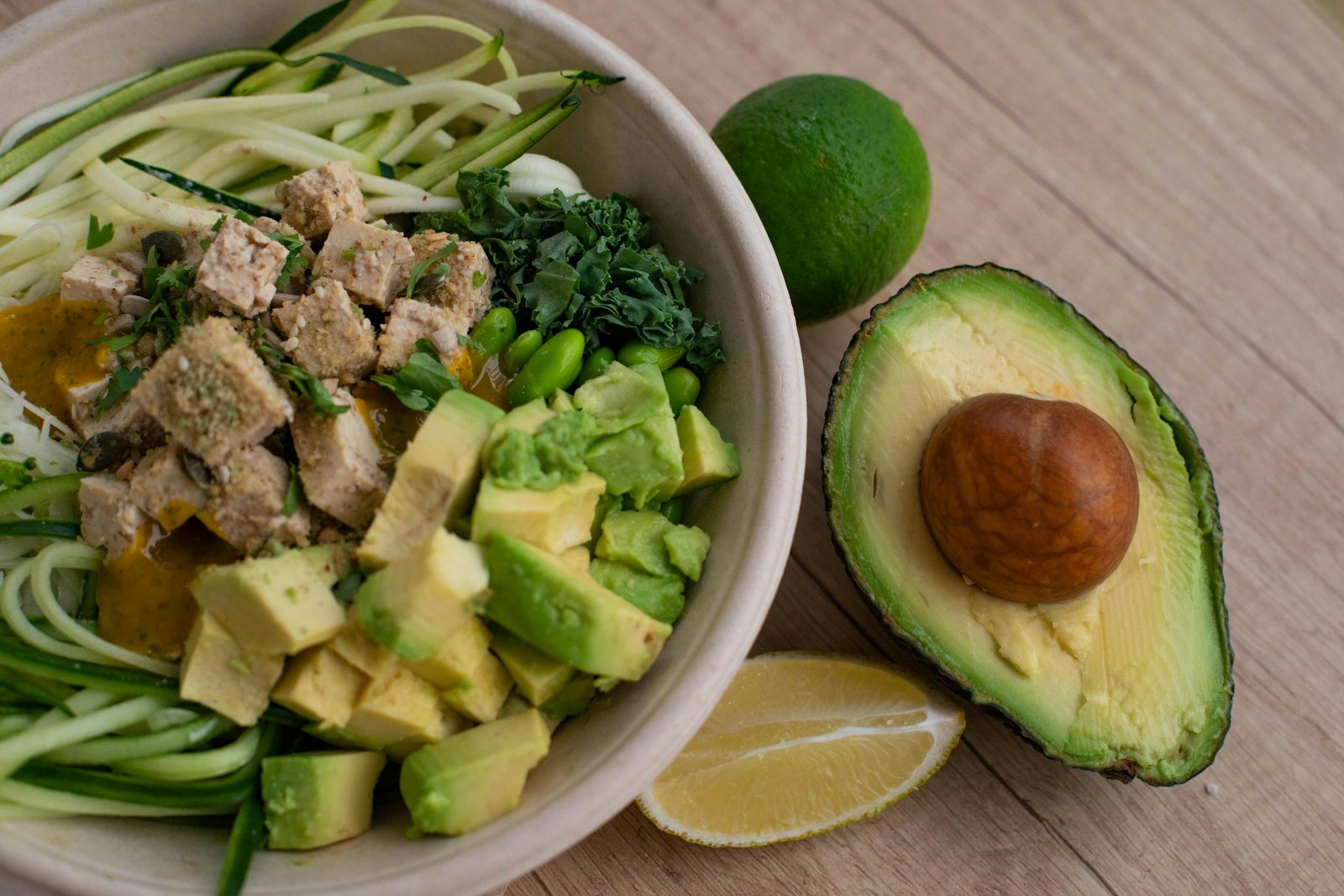15 Avocado Nutrition Facts
Avocado Superfood
Avocados, often hailed as a “superfood,” have become a staple in kitchens around the world for their creamy texture, versatility, and impressive nutritional profile. Whether mashed into guacamole, sliced on toast, or blended into smoothies, avocados provide a rich source of healthy fats, vitamins, and minerals. Beyond their culinary appeal, they offer significant health benefits, including heart health support, improved digestion, and skin nourishment. In this article, we will explore the many reasons avocados have gained such popularity and how they can contribute to a balanced and nutritious diet.
Avocado Nutrition Facts
- High in Healthy Fats: Avocados are rich in monounsaturated fats, specifically oleic acid, which supports heart health and reduces inflammation.
- Rich in Potassium: One avocado contains more potassium than a banana, helping to regulate blood pressure and support muscle function.
- Good Source of Fiber: A medium avocado contains about 10 grams of dietary fiber, aiding digestion and promoting a feeling of fullness.
- Contains Vitamins E and K: Avocados provide vitamin E for skin health and vitamin K for bone strength and blood clotting.
- Packed with Folate: Folate is essential for cell repair and healthy pregnancy, with avocados offering around 20% of the daily recommended intake.
- Loaded with Antioxidants: Avocados contain powerful antioxidants like lutein and zeaxanthin, which support eye health and may reduce the risk of cataracts.
- Boosts Absorption of Other Nutrients: The fats in avocados help increase the absorption of fat-soluble vitamins (A, D, E, and K) from other foods.
- Low in Carbohydrates: Avocados are low in carbs, making them a great option for low-carb or keto diets.
- Source of Vitamin C: Vitamin C in avocados supports the immune system and helps the body absorb iron.
- High in Magnesium: Magnesium is essential for muscle and nerve function, and avocados offer a decent amount per serving.
- Rich in B-Vitamins: Avocados are a good source of B vitamins like B6, important for brain function and the formation of red blood cells.
- May Help Lower Cholesterol: Studies suggest that eating avocados can help reduce levels of LDL (“bad”) cholesterol while raising HDL (“good”) cholesterol.
- Contains Phytosterols: These plant-based compounds found in avocados may help reduce cholesterol absorption in the intestines.
- Supports Weight Management: Despite being calorie-dense, the combination of healthy fats and fiber in avocados can promote satiety and help with weight control.
- Gluten-Free and Dairy-Free: Avocados are naturally free of gluten and dairy, making them a great food option for those with specific dietary restrictions.
Best Ways to Get the Nutritional Value from Avocados
- Eat them raw: Slicing fresh avocado into salads or on toast preserves all their nutrients.
- Add to smoothies: Blending avocado into smoothies enhances the absorption of fat-soluble vitamins.
- Pair with other veggies: The healthy fats in avocado can boost the nutrient absorption from vegetables like carrots or spinach.
- Use as a spread: Replace butter or mayo with avocado spread on sandwiches for a healthier fat alternative.
- Add to salads: Toss cubed avocado in salads to increase fiber intake and benefit from its vitamins and minerals.
- Make guacamole: Enjoy guacamole as a dip or topping to add healthy fats and flavor to meals.
- Bake with avocado: Substitute avocado for butter in baking to reduce saturated fats and add moisture to recipes.
- Grill or roast them: Roasted or grilled avocado slices add a unique flavor while retaining most of their nutrients.
- Use as a topping: Add avocado to tacos, burgers, or soups for extra nutrients.
- Pair with citrus: Eating avocado with lime or lemon juice helps preserve its nutrients and adds a refreshing twist.
- Combine with whole grains: Avocado on whole grain toast or rice enhances the fiber and vitamin content of the meal.
- Incorporate into wraps: Add avocado to wraps for extra creaminess and nutrition.
- Mash into spreads: Make an avocado dip by mashing it with garlic, olive oil, and spices to preserve its nutrients.
- Use in desserts: Avocados can be blended into pudding or mousse for a creamy, nutrient-dense dessert.
- Freeze for later use: Frozen avocado chunks can be added to smoothies or dishes without losing much of their nutritional value.
These tips help you maximize the health benefits of avocados while keeping their nutrients intact.
